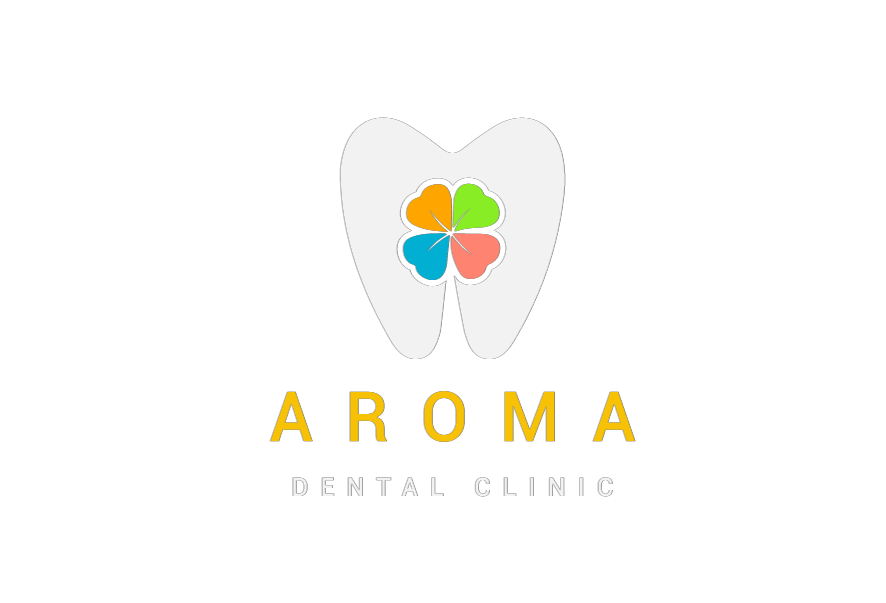DENTAL IMPLANT
DENTAL IMPLANT
There is widespread agreement that dental implants are the most effective method for replacing missing teeth. When a patient loses teeth due to injury, decay, or natural deterioration, dental implants are the treatment of choice. Boosting both form and function, they can have profoundly beneficial effects on one’s sense of self.
THE DEFINITION OF A DENTAL IMPLAN
Dental implants are small titanium posts that are placed into the jawbone and gums. When an implant is placed, the body’s natural response is osseo-integration, in which
the implant becomes a part of the patient’s anatomy. After three to six months, the implant has fused with the jawbone and is ready to receive a crown, bridge, or denture. I was wondering how long this would last. An implant is intended to be a long-term solution, and while nothing in dentistry is guaranteed to last forever, you can rest assured that yours will. To guarantee the best possible outcomes for our patients, we plan each treatment meticulously. As a clinic, we take great pride in our 97%+ success rate, which far exceeds both national and international averages.
HOW DOES IT FEEL?
No. In order to ensure that you feel no discomfort during the implantation of your dental implant, your dentist will administer a local anaesthetic. It’s common for patients to experience some discomfort after the procedure, similar to what they’d feel after having a tooth pulled. With the help of standard pain medication, this should improve in a week or two.
WHERE DO I START WITH IMPLANT CARE?
Your oral health is an investment, and dental implants should be cared for as such. Plaque can build up on implants just like it can on natural teeth, and this can cause bleeding and infection if they aren’t cleaned regularly. We’ll tell you what kinds of oral hygiene products to use and how often to visit the hygienist so that you can feel confident in your implant care.
One or more implants can support a denture or act as a standalone tooth replacement. They have a novel form factor, allowing them to be used in locations with restricted height and width.
Dental Implants, Single.
When bone density is high enough, dental implants are a great option for replacing a missing tooth.
- Teeth on either side won’t need any prep work or extra force applied.
- The bone is held in place, stopping any further thinning.
- Unlike dentures, which can slip and cause speech difficulties, implants are fixed in place and don’t wear down over time.
Dental Implants, Multiple
Loss of multiple teeth can impair one’s ability to eat normally. Dental implants are an excellent solution for restoring lost teeth, as they allow you to eat whatever you like without worrying about your denture slipping or food sticking to your false teeth
The above illustration shows how a bridge can be securely fastened to the core implants if multiple teeth are lost in the same area.
IMPLANT RETAINED DENTURES (DENTURE STABILISATION)
With implant-retained dentures, you can wave farewell to denture sealant, sore spots, and embarrassing moments because of the similarity in bite to natural teeth. If your dentures fit better, you won’t have to worry as much about them moving around when you eat, smile, or talk.4
Dentures are supported and held in place with the help of dental implants, which act similarly to tooth roots.
You now have more support than ever for your full or partial dentures because they are fastened to your new synthetic roots.
There are many benefits to using implant retained dentures.
- Maintaining a snug and secure denture fit on the gums.
- Dentures with less roof-of-mouth coverage.
- Denture wearers can experience enhanced flavor and speech while using a smaller denture base.
- True to life bite simulation Ability to chew food again, improving eating pleasure.
- Healthy eating and better digestion.
- You won’t experience any more discomfort from pressure points.
Quick Links
Follow Us
01556026022
info@aromadc.com
29 services area office no.23 Beverly Hills Elshiekh Zayed
© 2023 AROMA DENTAL CLINIC– All Rights Reserved
